Best Cloud Accounting Software: The Ultimate List

Produced by our content partners and reviewed by Envoice’s internal experts to ensure it reflects real accounting workflows and accurate product usage.
Research new accounting tools that were born in the cloud, and you’ll find yourself going down a rabbit hole – the choices are endless. One review platform, G2, lists around 570 accounting software on their site, making it difficult to distinguish one online accounting software from another.
We cut through the noise, separating the key cloud-based accounting software into easily identifiable segments, helping you act decisively when making your choice. Join us as we cover the ultimate list of cloud accounting software.
Quick Overview
The best cloud accounting software is online platforms that empower businesses of any size to manage their finances in one place. Leading tools offer automated accounting tasks, expense tracking, automated bank reconciliation, payment processing, and real-time financial reporting.
Table of Contents
- Envoice
- QuickBooks Online
- Freshbooks
- Kashoo
- Bonsai
- Xero
- Microsoft Dynamics 365
- SAP/4Hana Cloud
- FloQast
- Dual Entry
- Rillet
- Dext
- FreeAgent
- AccountsIQ
1. Envoice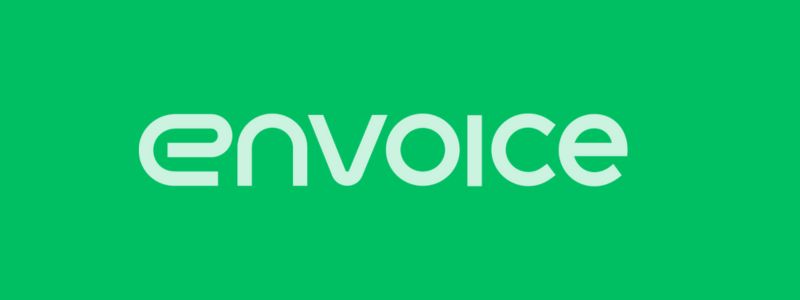
Envoice will give you an AI-powered platform for receipt and invoice processing. It will drastically cut administrative time by automating categorization and expense approval workflows. Its mobile app provides rapid receipt scanning and data extraction with high accuracy. Integrates seamlessly with major accounting platforms.
Best for: SMEs and accounting firms
Biggest strengths: Powerful and accurate pre-accounting automation and unbeatable pricing with unlimited users.
Works well with: QBO, Xero, Sage, MS Dynamics 365
Comparable to: Dext, BILL, Xero
💻 Test Drive Envoice: Sign up for a free trial account OR ✍️ hear from their customers.
2. QuickBooks Online
Rated one of the best accounting software for startups in the industry. With a QuickBooks Online account you can expect robust features for invoicing, payroll, and inventory management. Quickly sync bank transactions, manage business expenses, and add plenty of third-party applications.
Best for: SMEs, freelancers, SBOs
Biggest strengths: Ease of use, mobile access and third-party integrations.
Works well with: Envoice for pre-accounting
Comparable to: Xero, FreshBooks, Sage Intacct
Related article: quickbooks online vs xero, covering key differences
G2 Review:
🔍 QuickBooks Essentials vs. Plus: Which Should You Choose?
🔍 GnuCash vs. QuickBooks: Which Is Best for Your Business?
3. FreshBooks
Service-based businesses will love this platform. Start with eliminating manual data entry, follow up with time-tracking, automate client invoicing, and generate professional proposals. A clean, fresh interface will guide you around, while giving you the analytics you need. As long as you have an internet connection, you can manage financial transactions 24/7, 365. Integrate with hundreds of third-party apps to boost your business operations.
Best for: Freelancers, service businesses
Biggest strengths: Ease of use, mobile access and third-party integrations.
Works well with: HubSpot for seamless client management
Comparable to: Xero, QuickBooks Essential
G2 Review: 4.5/5
4. Kashoo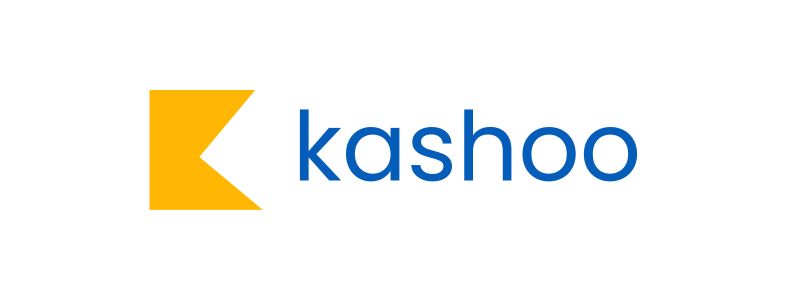
Tagged as the world’s simplest accounting software, Kashoo is tailored for small businesses, offering truly simple accounting features such as budgeting tools, expense categorization, multi-currency support, and a clean user interface. Get professional bookkeeping services without the bloat or complexity.
Best for: Startups, micro-enterprises, and small international businesses
Biggest strengths: Simplicity, project management, and tools for business growth without a high cost
Works well with: Stripe payments
Comparable to: Rillet, QBO, Freshbooks
G2 Review: 4.6/5
5. Bonsai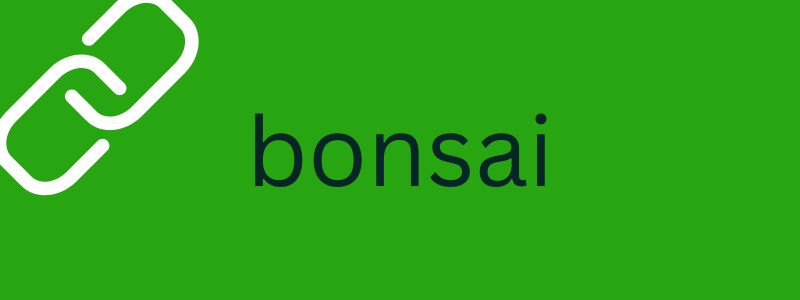
If you’re self-employed, Bonsai is the one-stop shop you’re looking for. From contracts, project proposals, and time-tracking to taxes, it’s all here. Real-time data ensures you never miss project budgeting, and the small expenses that add up eventually. Bonsai pulls your time tracking automatically into an invoice, with an option to offer online payments for customers.
Best for: Independent contractors, solopreneurs, and freelancers.
Biggest strengths: Time-tracking, project management, professional proposals
Works well with: Google Workspace for remote working environments
Comparable to: HoneyBook, PandaDoc
G2 Review: 4.3/5
6. Xero
Targeted primarily at small business owners and accounting professionals, Xero offers a highly collaborative platform for growing businesses. Seamless integration with payment processors, bank synchronization, payroll, multiple currencies, and support for unlimited users make it a strong contender among medium-sized companies.
Best for: Growing teams.
Biggest strengths: Smart bank reconciliation process, user-friendly interface, financial statements
Works well with: Gusto for payroll and Envoice for pre-accounting automation
Comparable to: QBO, FreshBooks, Sage Intacct
G2 Review: 4.4/5
7. Microsoft Dynamics 365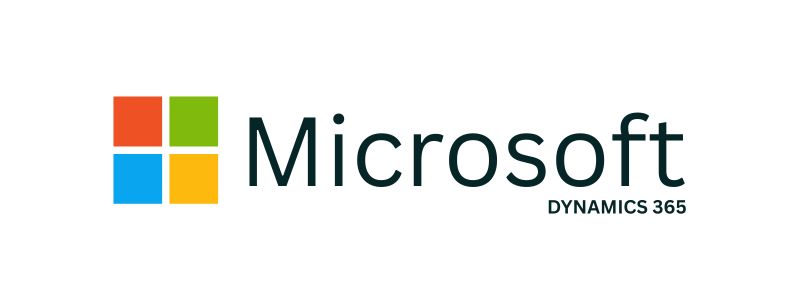
This enterprise-grade ERP suite unifies finance, supply chain, and operations in the cloud. It leverages deep integration with the Microsoft ecosystem (Azure, Power Platform) to deliver scalable, intelligent business processes. Designed for global enterprises and public sector organizations needing industry-specific modularity.
Best for: Larger businesses, global enterprises with multiple users
Biggest strengths: Connect finance, sales, service, and operations teams within a single easy-to-use application
Comparable to: QuickBooks Advanced, Sage, Oracle NetSuite
Works well with: Envoice for pre-accounting automation.
G2 Review: 4.0/5
8. SAP S/4Hana Cloud
SAP S/4Hana Cloud provides the digital core that intelligent global enterprises demand. With its modular approach, powered by AI, and powerful ability to automate tasks, SAP offers many layers that you can keep building on as your business grows and complexities increase. Break down any financial data and display it on the dashboard for valuable insights.
Best for: Global enterprises that need AI to process massive volumes of information
Biggest strengths: Global scalability, complex supply chain management
Works well with: Salesforce and Microsoft
Comparable to: Oracle NetSuite, SAP Business, MS Dynamics 365
G2 Review: 4.5/5
9. FloQast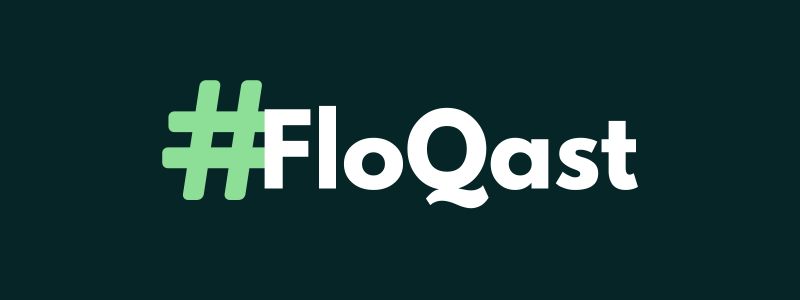
Designed by accountants for accountants, FloQast is trusted by 3,000 global firms. Keep up-to-date with all accounting tasks, closes, and audit trails with the help of AI automation. Standardize your workflows, manage reconciliations, and get central visibility for auditors. Added notes to keep everyone on track, adding context for financial transactions. Automated reconciliations, AI-driven matching to bank statements, general ledger categorization, and multiple third-party integrations are just a few of the features FloQast offers.
Best for: Large Accounting firms needing month-end efficiency and speed.
Biggest strengths: Fastest and most accurate period closes.
Works well with: NetSuite, MS Dynamics 365, bill.com
Comparable to: Blackline Financial Close Management, Workiva
G2 Review: 4.6/5
10. DualEntry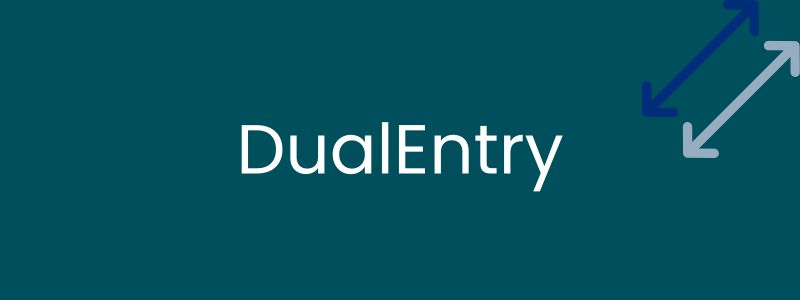
Designed to scale high-performing teams from mid-sized to IPO, handling 40 billion transactions per month, DualEntry provides the power you need behind the transformation of your business. With full financial management capability, you can drill down across multiple locations for comprehensive financial insights.
Best for: Mid-market enterprises moving towards IPO
Biggest strengths: Finance, sales, and HR teams can collaborate seamlessly with DualEntry add-ons. Co-pilot assistance for deeper understanding and insights. Responsive customer service.
Works well with: 143 integrations to well-known platforms such as QBO, SAP, Stripe, PayPal, and Salesforce.
Comparable to: Oracle NetSuite, Sage Intacct, Ramp
G2 Review: 4.9/5
11. Rillet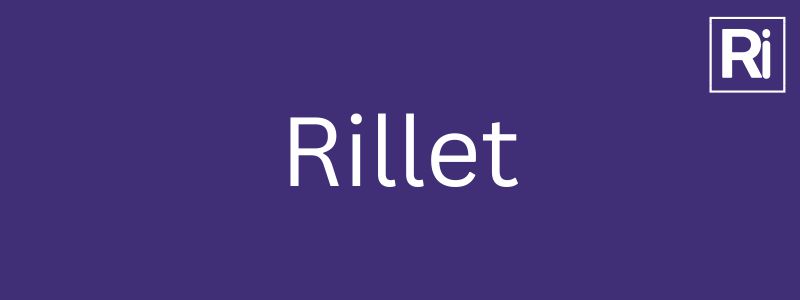
Rillet is a modern ERP for companies with pains around revenue recognition, multi-entity consolidation and report automation. Rillet automates 93% of all manual journal entries and invoicing workflows and provides key investor metrics instantly. Rillet helps FinTech startups build and integrate financial dashboards into their products.
Best for: FinTech and SaaS companies needing to monetize data or offer banking-as-a-service
Biggest strengths: Revenue recognition, multi-dimensional tagging across contracts, and automated revenue deferment.
Works well with: Salesforce, HubSpot, and Stripe
Comparable to: Sage Intacct, QBO, Oracle NetSuite
G2 Review: 5.0/5
12. Dext
Dext (formerly Receipt Bank) is a data-capture and bookkeeping productivity tool. It uses intelligent scanning to instantly extract data from receipts, invoices, and bank statements. A crucial workflow tool for bookkeepers needing to automate manual data entry for multiple clients. Dext provides the ability for accountants to double their client database while maintaining current staff numbers.
Best for: Small businesses, accounting firms
Biggest strengths: Ease of use, mobile app, accepts payments from invoices
Works well with: Xero, QBO, Sage, and Shopify
Comparable to: Envoice, Zoho Expense, BILL
G2 Review: 4.5/5
13. FreeAgent
FreeAgent is a UK-based, comprehensive cloud accounting solution often bundled with business accounts. The platform streamlines expense management, VAT calculations, and tax self-assessments. A single, easy-to-read dashboard is designed to provide valuable insights to users as quickly as possible.
Best for: Freelancers, micro-enterprises, and contractors in the UK.
Biggest strengths: Allowing small businesses to move through their accounting process without complexity. Tax self-assessments with direct submission to HMRC.
Works well with: PayPal, GoCardless, Stripe
Comparable to: QBO, Xero, Rillet
G2 Review: 4.3/5
14. AccountsIQ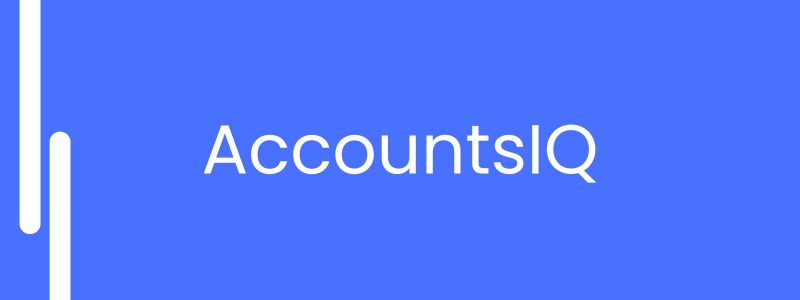
AccountsIQ stands out in the marketplace by offering a fast, cost-effective alternative to traditional ERP systems. Unlike traditional full-fat ERP solutions that can be expensive and require lengthy implementation periods, AccountsIQ guarantees a quick go-live and delivers a comprehensive solution that can be scaled as your business grows. The platform automates routine financial tasks, saving businesses up to one week of valuable time each month.
Best for: Mid-sized organizations.
Biggest strengths: Quick onboarding process and helpful customer service support are highly rated by users.
Works well with: Over 50 integrations possible with major platforms like SAP Concur, Salesforce, WooCommerce, and Katana
Comparable to: Sage Intacct, Iplicit, Oracle Netsuite
G2 Review: 4.5/5
Conclusion
Cutting through a list of over 570 possible options for cloud accounting software, we presented the 14 best options for a range of businesses. Freelancers, small businesses, mid-market companies, and large enterprises each have at least one option on this list for consideration.
While all of these options offer automation, improved accounting efficiency, and robust bookkeeping, there is one that stands apart for its powerful pre-accounting and approval workflow capability, and that is Envoice. 🔍Learn more about Envoice’s key features OR sign up for a free trial.
Frequently Asked Questions
STAY ALWAYS TUNED
Subscribe to newsletter
Still not sure?
- Don’t spend time on manual work
- Streamline bookkeeping processes with AI
- Automate invoice processing
- Integrate with the tools you rely on every day











